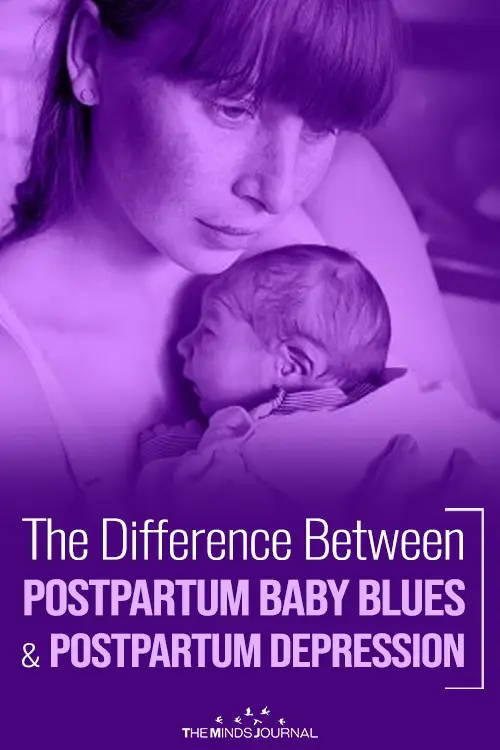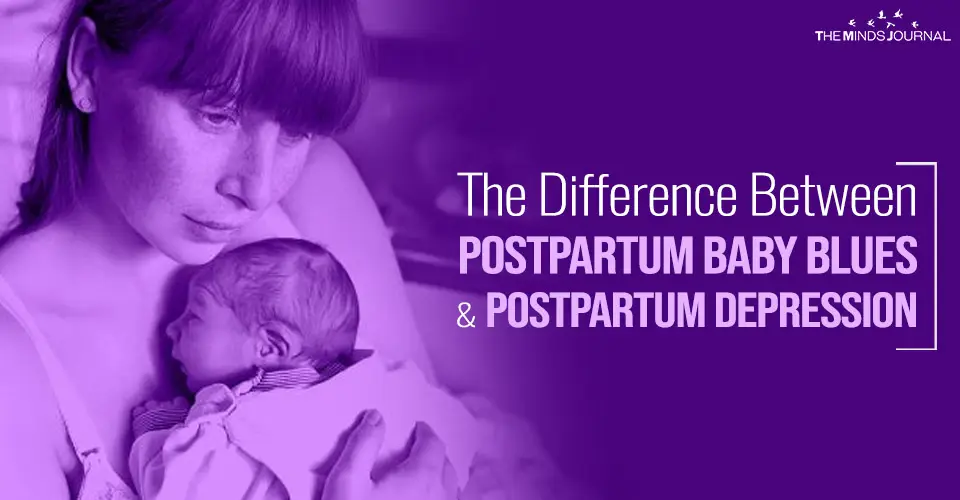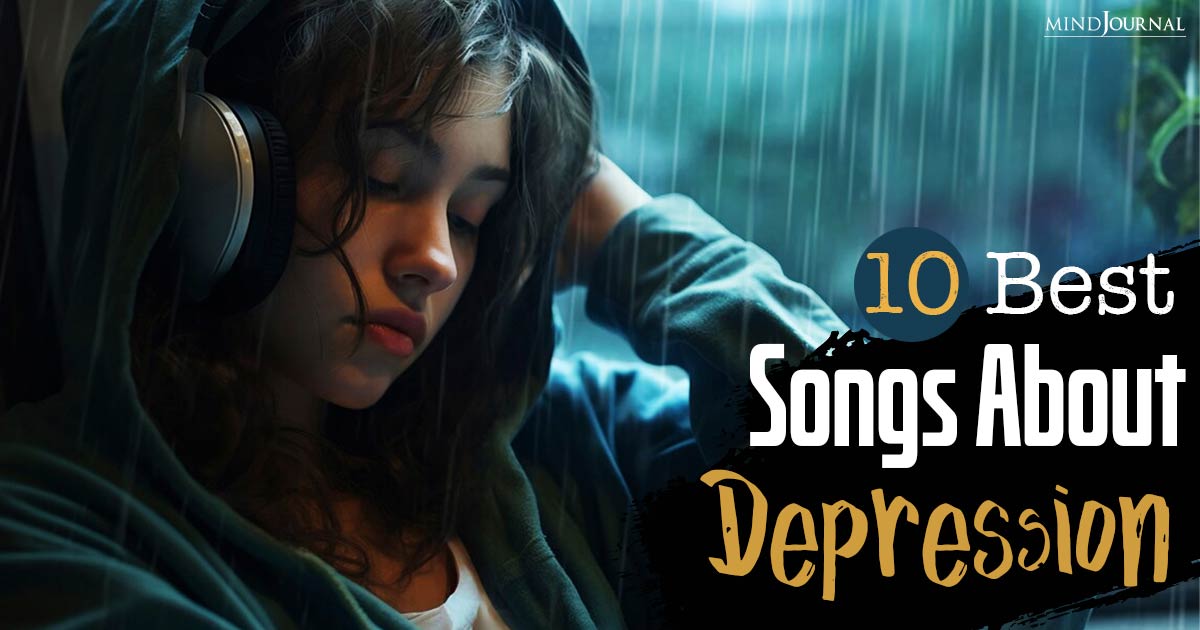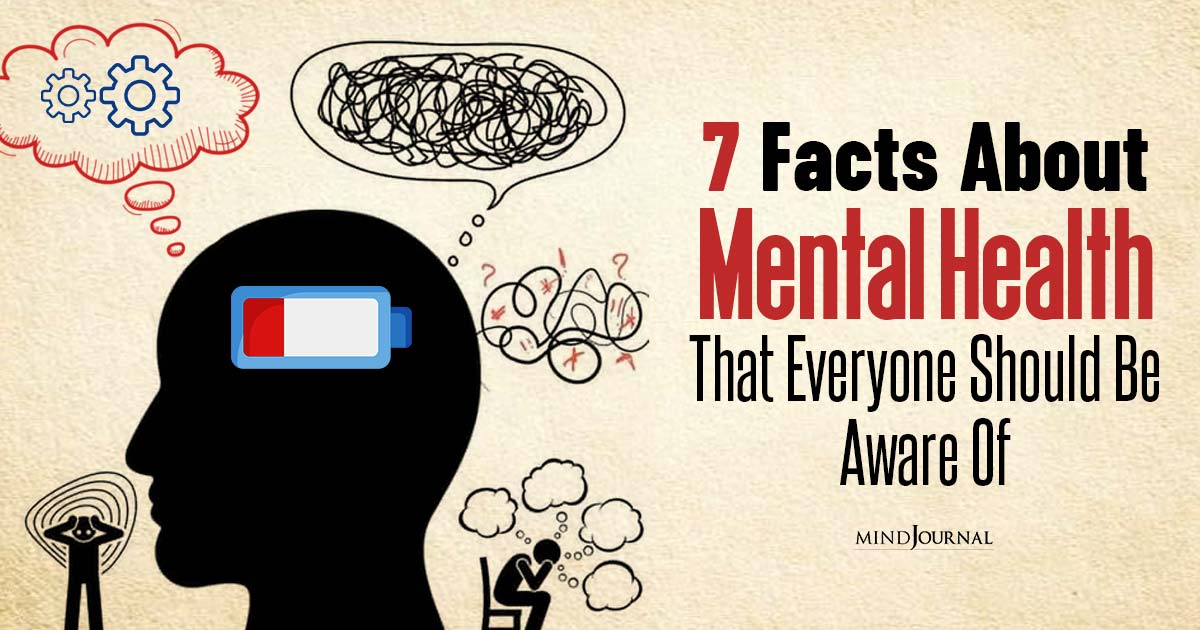Don’t ignore your feelings.
Becoming a new parent can be exciting and wonderful. It can also be scary and overwhelming. The emotional roller-coaster that begins, for some during pregnancy, and others after the baby is born, can be confusing.
So how do you know if what you’re experiencing is just the “baby blues” or something more severe, like postpartum depression (PPD) or postpartum psychosis?
To answer this question, you have to know the difference between these conditions.
There are some similarities and some differences between the two, and certainly a spectrum from mild to severe. What is important for you is to be able to know if and when you need to get help.
Baby Blues:
The baby blues can start anywhere within the first 10 days after delivery and last up to 2-3 weeks.
Here are some common signs of the baby blues:
- Tearfulness
- Feeling overwhelmed
- Feeling down
- Mood swings
Postpartum depression(PPD):
Postpartum depression can start anywhere from a few days after delivery to a little over a year after delivery.
Here are some common symptoms of postpartum depression:
- Feeling overwhelmed
- Feelings of anger and rage
- Lack of feelings toward the baby
- Difficulty taking care of yourself and/or family
- Loss of interest, joy, or pleasure
- Anxiety
- Isolation
- Don’t feel like yourself
- Mood swings
- Feeling worthless
- Thinking things like, “They’re better off without me,” or “I just want to disappear.”
- Suicidal thoughts
You can see that some of the symptoms are similar. The distinction between the baby blues and postpartum depression are timing, severity, and duration.
Read Research Shows A Couple’s Friendship Is Key To Reducing Postpartum Depression
The baby blues are temporary, don’t impair functioning, you still feel like yourself, and therefore, doesn’t require intervention. The symptoms are mild and are experienced by 60-80% of women.
Postpartum depression, while it can start at the same time as the baby blues, can also start much later, even after your baby’s first birthday. Sometimes breastfeeding can help with staving off symptoms by delaying the plummeting of estrogen and progesterone until you decide to stop breastfeeding.
However, not all women are sensitive to hormone shifts.
And hormones are only a piece of what can contribute to experiencing depression after childbirth.
Like most things, there is a spectrum of intensity, from mild to severe.
If you are still feeling symptoms of the baby blues after two to three weeks, then you are experiencing postpartum depression. You may be experiencing a mild form of PPD, but you may still want to contact a professional to see if you need further support.
Moderate can look more like feeling inadequate as a mother, not feeling like yourself, wondering if you will ever be happy again, or feeling overwhelmed most of the time. Therefore, it can be important to reach out for support if your symptoms are moderate.
Severe can look like all of the above, along with feeling like your family would be better off without you, or thoughts of hurting yourself. So if your symptoms are severe, it is very important to get help.
Please know you are not alone.
The first discussion of women struggling with mood reactions after childbirth goes back as far as 460 B.C. with Hippocrates. It is more common than you think. And you don’t have to go through it alone.
I myself am a survivor and I have worked with many women struggling and coming out on the other side. You can get through this. There are options for getting help. If you are looking for a therapist and/or prescriber, make sure they are fully versed in working with maternal mental health. You may also find support groups in your area. Having a support system is such an important part of healing.
Read Post-Partum Depression: What You Can Do To Fight It
Note: This is only a list of possible symptoms of PPD. This doesn’t include other symptoms related to perinatal mood and anxiety disorders. If you don’t see your symptoms on the list, go to Postpartum Support International for more information.
Now that you have some understanding of the difference between the baby blues and postpartum depression, you can make some decisions on what might work best for you. Remember that PPD is common. You are not alone in this experience.
Becoming a mother for the first time can feel isolating. It is important for you to reach out for support, even if it is just talking to a friend in a similar phase of life. This can set the stage for you both to share similar stories that create a shared mutual experience. Motherhood is wonderful and hard. It really does take a village.
Written By Jacqueline Cohen
Originally Appeared On Your Tango









Leave a Reply
You must be logged in to post a comment.